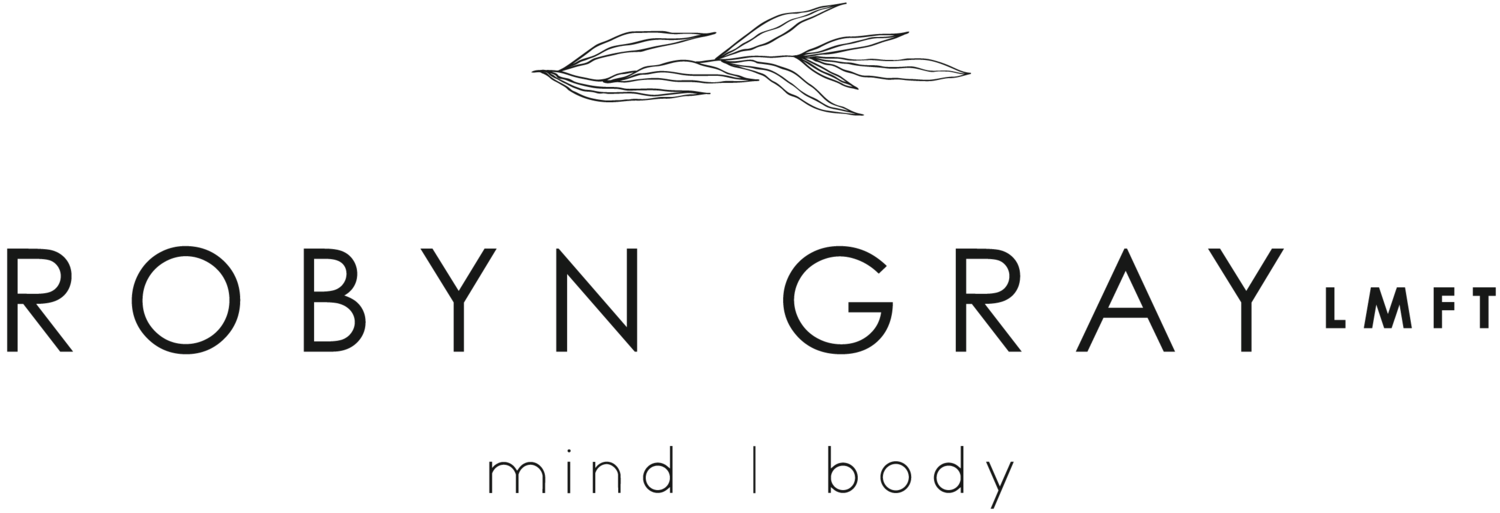How to stay connected during the Holidays and COVID
Holidays can be stressful for many reasons and this year with COVID and the stay-at-home order there is a whole new level of stress and anxiety for many. The Holidays and winter months can be a struggle on one’s mental and emotional health due to daylight savings time, seasonal depression, pressures to be around family even if they are toxic to you, expectations to attend more social gatherings, pressure to feel gratitude and joy, and grief that can arise from missing those that you wish you could spend time with.
Add COVID and stay-at-home orders to an already stressful time of year – you might be noticing a mixed bag of emotions. You might be feeling relief that you don’t have to spend time with difficult family dynamics – if this is you, it’s OK to honor this relief! You might be feeling relief that you don’t have to attend so many social gatherings – again, if this is you, it’s OK to honor this relief! And you might be feeling sad, scared, alone, worried and isolated – if this is you, it’s OK to feel this way, too. You might be feeling all of the above! The point is there is no right or wrong way to be feeling right now so try not to judge yourself and instead offer yourself compassion.
“First darts are unpleasant to be sure. But then we add our reactions to them. These reactions are ‘second darts’ - the ones we throw ourselves. Most of our suffering comes from second darts.” - Rick Hanson, Buddha’s Brain.
Social distancing is important right now for the safety of ourselves and others; however, it is not intuitive to our wellbeing from the most primal parts of our brain. Humans are wired for connection and it is counter-intuitive to self-isolate for this long.
So, how do we honor our natural human need for connection while also being aware and conscious about the pandemic and responsibility we all have to take care of others and ourselves?
There are ways to stay safe while also honoring our primal need for connection.
Here are 6 ways to stay connected this holiday season (while staying safe):
Call your loved ones vs. texting. Did you know that you can hear someone smiling from hearing the tone of their voice? Even if you’re not a phone person per se, try making a few phone calls this holiday season and notice how it feels to hear your loved ones voice. If you prefer, use a video platform. 80% of communication is non-verbal so seeing facial expressions and body language allows us to attune to one another which helps us feel more connected.
Send snail mail. Write a special note to your loved one in a card. Writing special notes to loved ones can help us feel connected because it allows us to reflect about the relationship and share our love with them. Also, seeing someone’s handwriting can feel more connecting than getting an email or text.
Donate to a charity in your community. When we give to others, we feel good and it helps connect us to our values. In fact, giving back to others has positive effects to your health including: lowering blood pressure, increasing self-esteem, less depression and lower stress levels. A fun way to use this to also connect with your own family and friends is to request no gifts this holiday season and instead encourage others to donate to a charity of their choice.
Honor some of your holiday traditions and create new ones. If we try to re-create our normal holiday traditions as if COVID is not happening, it might be a symptom of denial or trying to force something that just isn’t present this year. By honoring some of your favorite traditions and creating some new ones, you are honoring the reality of this year while staying connected to your history.
Be honest about how you are really doing with your loved ones. It can be challenging to be honest if we’re struggling with our mental and emotional health due to the pressure to focus on the Holidays and all that entails. Faking it until you make it does not work here. Instead of denying or suppressing your feelings, identify a safe person that you can be honest with if you are struggling. Telling a safe person can help you feel less alone with your feelings and reduce the shame and guilt by naming it and sharing how you’re really doing. Let them know if you need anything from them like having them check in on you, meeting for social distant walks to help get you out of the house (safely) or just being a non-judgmental ear to listen.
Connect with yourself. When we connect with ourselves, we become our own company. Now, real talk; connecting to ourselves does not replace other human connection, but it can help us through these times of more isolation. Some of my favorite ways to intentionally connect with myself include meditation, enjoying a warm cup of tea in my favorite chair, making meals that I enjoy even if it’s just for myself, journaling, taking myself for walks and decorating my home (again, even if it’s just for me to enjoy).
Above all, give yourself a lot of self-compassion. This year is unprecedented and it is hard! You are doing the best you can with what you have. Connection will certainly feel different this year so don’t expect it to feel the same as years before. And remember, there are ways to honor the need to be connected while staying safe so please do not deprive yourself of this innate human need.
For more tips on mental health and the mind body connection, sign up for my email list here.

